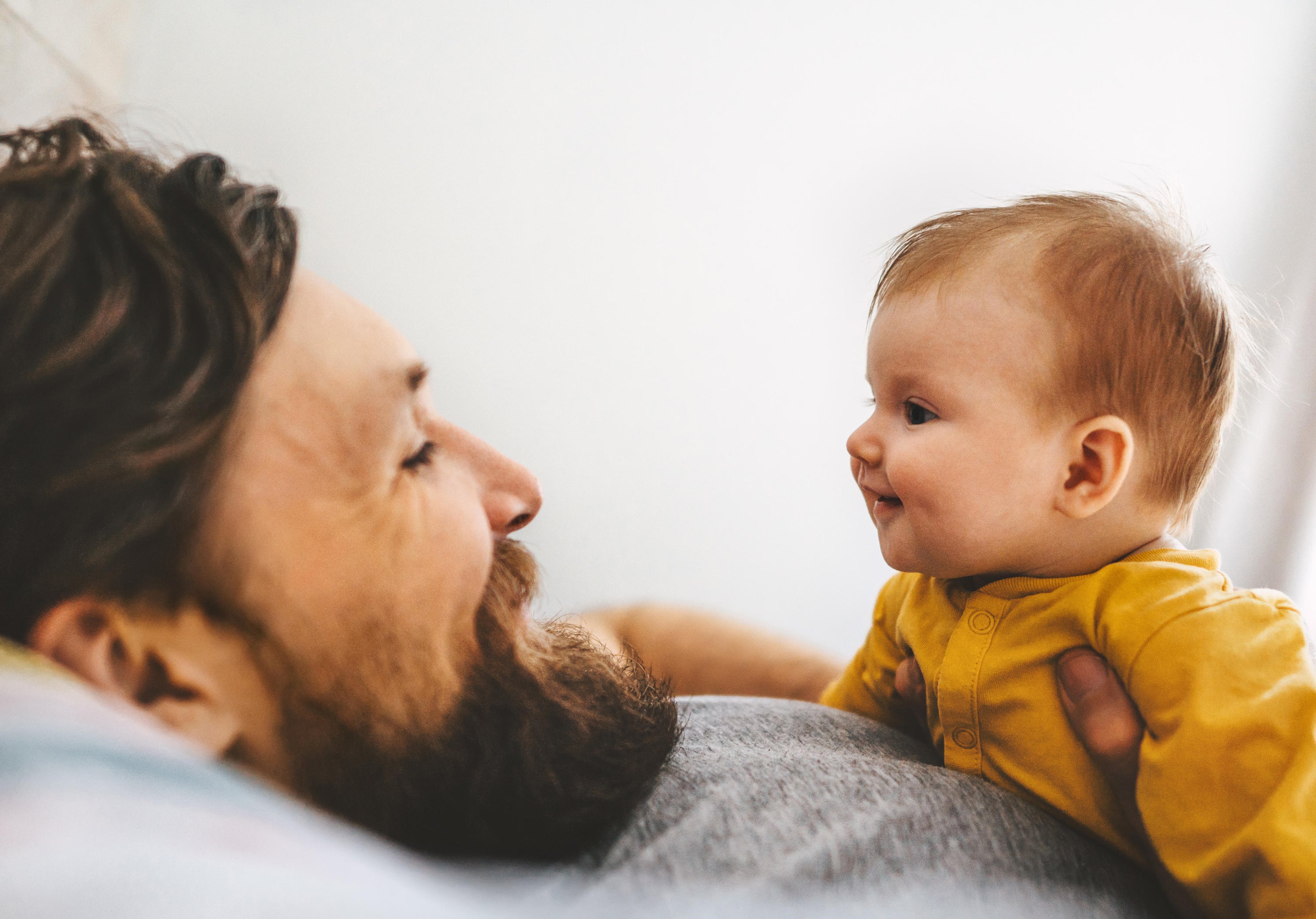Is talking to my baby in a sing-song voice the best way to speak to her?
A psychologist explains that baby-talk is good for tiny ones as it helps their social and language development.

Your support helps us to tell the story
From reproductive rights to climate change to Big Tech, The Independent is on the ground when the story is developing. Whether it's investigating the financials of Elon Musk's pro-Trump PAC or producing our latest documentary, 'The A Word', which shines a light on the American women fighting for reproductive rights, we know how important it is to parse out the facts from the messaging.
At such a critical moment in US history, we need reporters on the ground. Your donation allows us to keep sending journalists to speak to both sides of the story.
The Independent is trusted by Americans across the entire political spectrum. And unlike many other quality news outlets, we choose not to lock Americans out of our reporting and analysis with paywalls. We believe quality journalism should be available to everyone, paid for by those who can afford it.
Your support makes all the difference.I’ve just had my first baby and find myself talking to her in a sing-song baby voice. Is that the best way, or is it better to speak to her in normal tones?
Dr. Nayeli Gonzalez-Gomez, a senior lecturer in psychology at Oxford Brookes University has just been involved in an international study into babies’ responses to baby-talk, compared to adult-talk.
She says: “This sing-song baby voice is what researchers call ‘infant-directed speech’ or ‘baby-talk’. This is a special way parents and other adults use to speak to babies. Baby-talk is something that comes naturally to parents and caregivers, and people find themselves using baby-talk without really thinking about it.
“Researchers have studied baby-talk for many years and have found its main characteristics; infant-directed speech sounds a little musical and exaggerated, uses a smaller range of vocabulary, the tone of voice tends to be higher and softer, and the pronunciation of vowel sounds is stretched out.
“Baby-speech tends to be slower and more repetitive than normal adult language and contains a lot of questions. Although there are a few differences across languages, some sort of baby-talk has been found across many different cultures and communities.
“But is baby-talk really useful for babies, or would it be better to speak to them using normal tones? Researchers have asked this question for a long time, and they’ve found that baby-talk does have a role in infants’ language and social development. The evidence suggests baby-talk increases infants’ attention to speakers, due to its highly salient acoustic qualities.
“Researchers have also consistently found that baby-talk plays an important role in early language development. Babies are better at discriminating speech sounds when they are produced in a baby-talk tone compared to an adult-talk tone. Finding where one word starts and ends, as well as learning new words, is also facilitated by baby-talk.
“Babies really love baby-talk, and it makes their language and social development easier for them. So the best way to talk to your baby is to do what comes naturally to you – use baby-talk.”